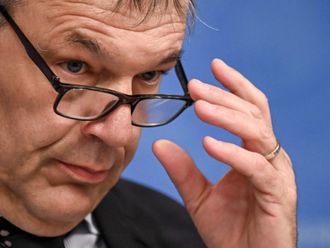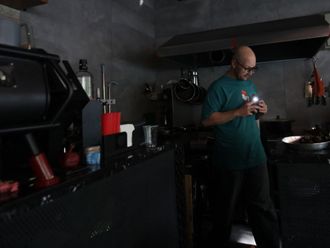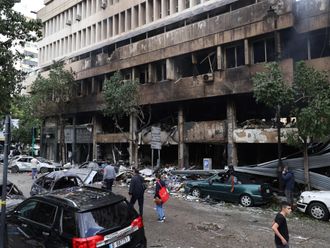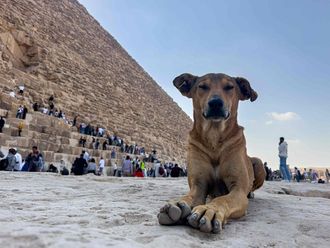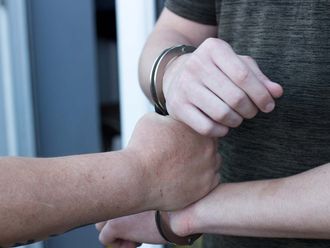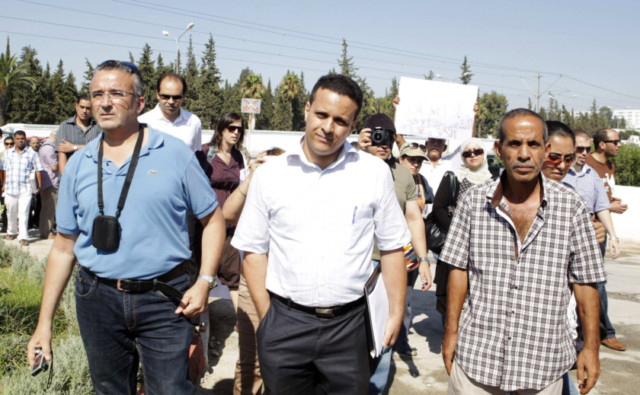
Tunis:Ayoub Messaoudi, a former adviser of Tunisian President Munsiff Marzouqi, appeared in court on Wednesday accused of defaming senior army officials, in a trial that his lawyer dismissed as “political”.
“It’s a battle between freedom and despotism,” defence lawyer Naceur Layouni told reporters at the end of the first day of the trial, which is due to resume on August 30 at the same military tribunal in Tunis.
The charges of defamation and “denigrating a military institution” were filed against Messaoudi by the army chief of staff, General Rashid Ammar, and Defence Minister Abdul Kareem Zbidi.
They carry potential prison terms of two and three years respectively.
Speaking after the court hearing, Messaoudi said the trial and a travel ban preventing him from leaving the country were aimed at “preventing the truth from being revealed, which could cause problems for many [Tunisian] officials.”
He accused Ammar and Zbidi in a television broadcast in July of “treason” for not having informed Marzouqi in advance of the extradition of former Libyan premier Baghdadi Al Mahmoudi to Tripoli to face justice.
His lawyer said the trial could not be fair given that it was taking place in a military tribunal.
“Military justice is not neutral, it is a politicised justice,” Layouni said, adding: “General Ammar is not above criticism.”
Human Rights Watch also criticised authorities for holding the trial and urged the military prosecutor to immediately drop the charges against Messaoudi and lift the travel ban.
“The right to subject public officials to scrutiny and criticism is one of the most basic elements of freedom of expression, a hallmark of democracy, and essential to promote debate about matter of public interest,” said Eric Goldstein, HRW’s deputy Middle East and North Africa director.
“These charges, and the laws they are based on, should have no place in a democratic Tunisia that respects human rights.”
The New York-based watchdog insisted that “Tunisia should abolish laws that criminalise defamation, and ensure that defamation is addressed in a proportionate manner through the civil law.”
Messaoudi only learnt that he was on trial last week at Tunis airport, where he was presented with the travel ban.
The former Libyan premier’s extradition at the end of June sparked a political crisis within Tunisia’s ruling coalition.
Prime Minister Hamadi Jebali, whose moderate Islamist Al Nahda party heads the coalition, ordered the transfer in spite of the president’s opposition to it.
Marzouqi, who belongs to the centre-left Congress for the Republic, was furious with the decision, having expressed doubts about the ability of the new Libyan regime to guarantee Muammar Gaddafi’s last premier a fair trial.
Messaoudi argues that General Ammar and the defence minister, who were aware of Jebali’s intentions, should have informed Marzouqi, who as president is also head of the armed forces.


